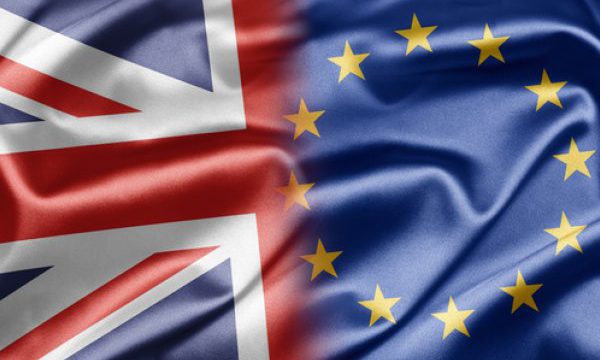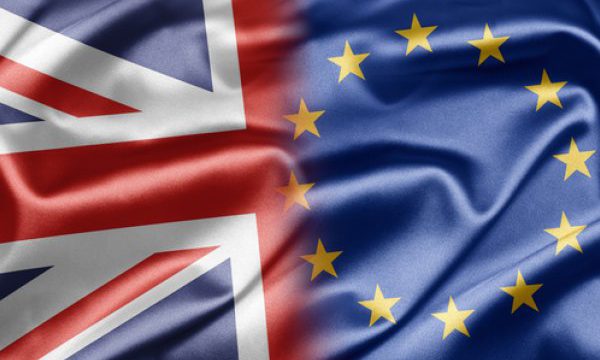Le Pen and Article 50
Since Donald Trump’s victory last week, the odds of Marine Le Pen (National Front) winning the French Presidential election in May have shortened to 2:1. That is a 33% chance compared to a 56% chance for the frontrunner and establishment candidate Alain Juppe.
Le Pen is committed to holding a French referendum on EU membership (‘Frexit’) which would have huge and unpredictable consequences for the EU. It is difficult to see how the other 27 EU nations would have the time, inclination or incentive to accommodate the UK while faced with a threat to its very own existence.
Since Donald Trump’s victory last week, the odds of Marine Le Pen (National Front) winning the French Presidential election in May have shortened to 2:1. That is a 33% chance compared to a 56% chance for the frontrunner and establishment candidate Alain Juppe.
Le Pen is committed to holding a French referendum on EU membership (‘Frexit’) which would have huge and unpredictable consequences for the EU. It is difficult to see how the other 27 EU nations would have the time, inclination or incentive to accommodate the UK while faced with a threat to its very own existence.
This changes the optimal timing for the UK to start the Article 50 process to leave the EU. Once the process starts, it may not be legally possible to withdraw and reversing the decision would certainly be a political catastrophe for whoever is in charge. Yet the Prime Minister insists on starting in March, despite the real and growing downside risks to the UK.
Voting for anti-establishment movements in the UK and US is very different in France.
Sterling fell heavily as a result of the Brexit victory. But because our international assets are denominated in foreign currencies and we borrow in sterling, a depreciation leads to an improvement in our external investment position. This is exactly the same as in 2008 when sterling last fell heavily. There is a positive rather than negative feedback loop which stabilises the currency.
The US dollar is the world’s reserve currency. Just like in the UK the US external investment position improves with a depreciation. It is other countries who hold foreign assets in US dollars that lose out. And where would investors really go to for the most liquid ‘safe haven’ currency if not US dollars. Again, this prevents a one way bet against the US dollar in response to Trump’s victory.
The impact of a Le Pen victory would be very different. Frexit raises the prospect of France leaving the EU and therefore a break-up of the Eurozone. This is easy to exploit by selling deficit and buying surplus country debt. With the unresolved weakness of European banks and already stretched European Central Bank this could turn a drama into a crisis.
Why should this change the timing of Article 50 for the UK? Let’s suppose the Government starts the Article 50 process in March next year as promised.
If the UK presents its opening negotiating hand at the same time, then the UK proposal, which one would hope is ambitious, risks becoming an unintended political football in the French Presidential election. If the UK does not divulge its hand, at least two months of a very tight timetable is lost.
Now imagine that Le Pen wins in May. There is every chance that the Eurozone would come under renewed pressure until Frexit is favourably resolved. The other 27 EU nations would have neither the time nor inclination and certainly not the incentive to accommodate the UK by making concessions when faced with the greater threat to its existence. Either the UK negotiators would run out of time, given the distractions of the EU, or expedite the process and the hardest Brexit would surely follow.
What would the UK gain by waiting until after the French election? Given the enormity of Frexit, the UK ought, at the very least, to negotiate an extension to the timetable before triggering the Article 50 process. This would make sure that the UK and EU can complete the process to the best advantage of both sides within a revised timeframe. If we have already started the process, we would have no leverage to extend until after Frexit making the best outcome almost impossible within two years.
Of course, it may be that for once the bookies are right and Le Pen does not win. But even with hindsight this would not prove that the right decision was to trigger the Article 50 process in March. It would have been a major gamble on the UK’s economic future on odds of 2:1 in return for political credibility. It puts political expediency ahead of the best interests of the country.




















